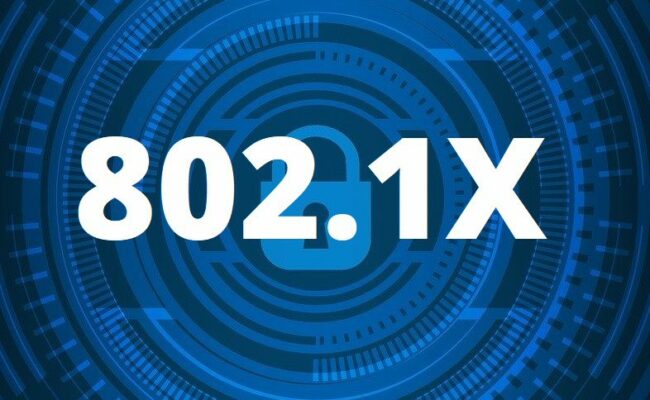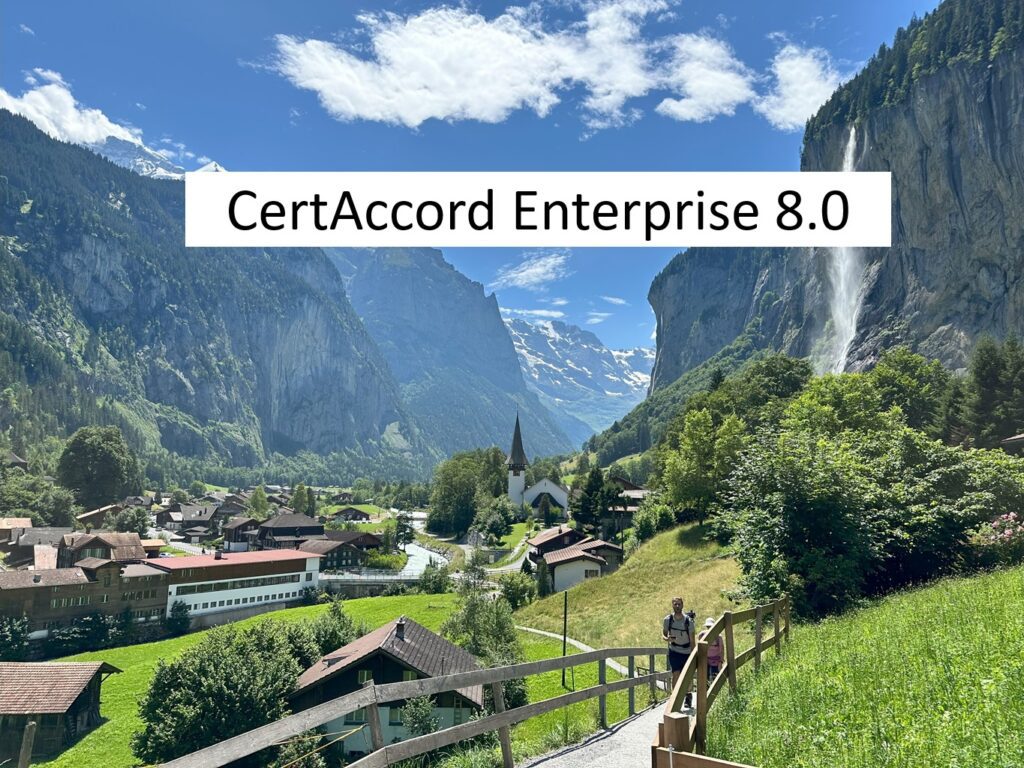Posts by Mike Cooper
Certificate Auto-Enrollment of Linux/MacOS End Points for 802.1x EAP-TLS
Certificate Auto-Enrollment of Linux/MacOS End Points for 802.1x EAP-TLS The 802.1x IEEE standard provides identity-based access control at the network edge. When implemented with EAP-TLS and X.509 certificates it can provide excellent security and access control at the network port level. This document provides an overview of 802.1x and how to provide the required X.509…
Read MoreHow To Configure GlassFish With Fully Managed TLS Certificates in JKS
GlassFish is an open source Java application server from Eclipse typically run on Red Hat Enterprise Linux (RHEL), CentOS, Ubuntu Server, MacOS, and Windows Server. This guide will walk you through the steps of configuring a GlassFish server to use an X.509 certificate created from Microsoft ADCS (PKI). GlassFish uses a certificate to provide secure…
Read MoreMS-WCCE Automated Solution for MacOS
MS-WCCE Automated Solution for MacOS Windows systems have long supported Microsoft Windows Client Certificate Enrollment (MS-WCCE) which provides automatic X.509 certificate deployment and renewal with Microsoft Active Directory Certificate Services (ADCS). Apple’s MacOS (MacOS X) systems have no MS-WCCE support or any other built-in automated integration with ADCS. This is a key reason we created…
Read MoreUsing CertAccord Enterprise to Secure VPN/Network Authentication
Learn About Using CertAccord Enterprise to Secure VPN/Network Authentication One of the more popular uses of CertAccord© Enterprise is to create X.509 Certificates providing ClientAuthentication for Virtual Private Network (VPN) authentication. Many enterprises are moving from username & password based VPN authentication to X.509 certificate authentication. One of the challenges in this transition is how…
Read MoreHow To Create Trusted X.509 Certificates On Linux
Learn How To Create Trusted X.509 Certificates On Linux Creating trusted enterprise certificates on Linux has never been easy, but it can be. In the traditional process you have to create a private key, create a Certificate Signing Request (CSR), submit the CSR to a Certificate Authority (CA), retrieve the issued certificate, install it, and…
Read MoreCertAccord Enterprise 8.0
CertAccord™ Enterprise 8.0 Delivers More Enterprise Automation of Certificate Management at Scale CertAccord Enterprise 8.0 by Revocent, Inc., now generally available, features Automatic Product Updates, Automatic Certificate Applier™ Distribution, Multiple Active Directory Domain support, Enterprise File Permission Configuration for Certificates, and many other improvements. This release builds on CertAccord Enterprise’s robust platform to bridge Microsoft ADCS…
Read MoreHow To Automate the Creation of 802.1X wpa_supplicant.conf on Linux With Microsoft PKI
How to Automate Creation of 802.1x wpa_supplicant.conf on Linux With Microsoft Certificate Authorities When it comes to secure network access in Linux environments, 802.1X and wpa_supplicant are fundamental components. The ability to automate the creation of the wpa_supplicant.conf file, a crucial element of these systems, can greatly enhance their functionality and efficiency. In this context,…
Read MoreStreamlining Certificate Configuration in 802.1X wpa_supplicant.conf on Linux
Streamlining Network Security: Automating X.509 Certificate Configuration in 802.1X wpa_supplicant.conf on Linux In the realm of Linux networking, understanding the 802.1X protocol, wpa_supplicant, and the vital role of X.509 certificates is crucial for enhancing network security. As part of this article, we delve into the importance of the wpa_supplicant.conf file, its manual configuration, and the…
Read MoreMacOS Certificate Auto Enrollment With Microsoft CA
MacOS Certificate Auto Enrollment With Microsoft CA There is no free MacOS (MacOS X) “client” which provides Auto Enrollment or integrates with the Microsoft PKI like the one built into Microsoft Windows. However, there are commercial options which provide very similar abilities, one in particular which is actually easy to install, use, and won’t…
Read MoreWhy Self-Signed Certificates Are Evil And Alternatives That Are Good
Learn Why Self-Signed Certificates Are Evil And Alternatives That Are Good Self-signed X.509 digital certificates are often used inside enterprises of all sizes on devices and application servers which use HTTPS. Its often so common place in some enterprises that its easy to forget self-signed certificates are evil. Maybe not evil in a deliberate sense,…
Read More









